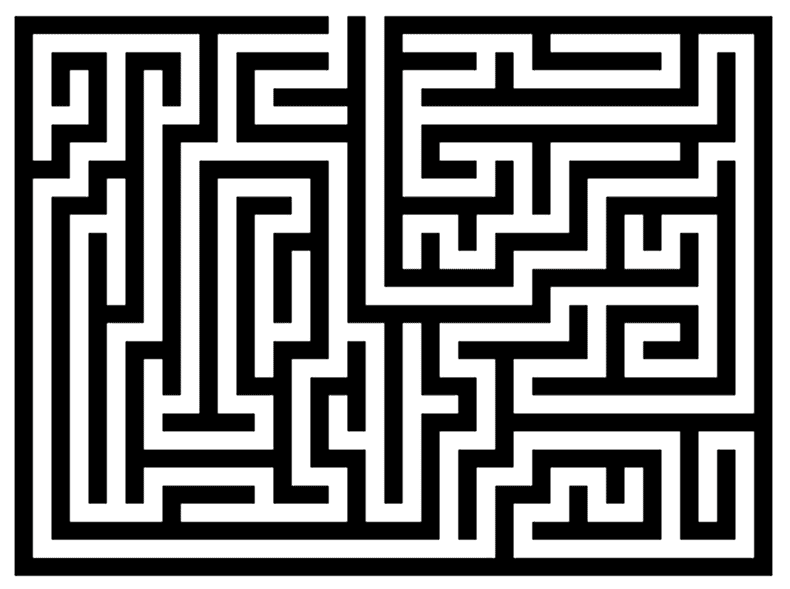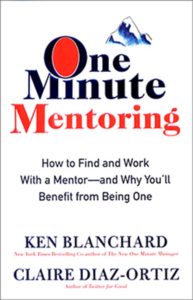We’ve all had them. Problems. Big, small, tiny, and massive. And we all seek to find the best ways to handle them every time they arise.
Sometimes, they seem to fill entire days with their weighty, darkened skies.
Problems can make a day one where nothing seems to go right, everything goes wrong, and you wind up moaning in a corner more than once. On those days, more than any other day, it’s important to ask yourself these key questions to help you solve problems. They will, ideally, get you back up in the swing of things. If not, though, they’ll tell you it might just be time to pause.
1. Is there actually something wrong?
Usually the answer is yes, but it’s a good question to ask, because often times the real, honest-to-good answer here is: NO. Take the day I started hyperventilating with anger at my cell phone company over a disputed bill. Was the bill less than $75? Yes. Was I still going ballistic? Yes. It was time to calm down.
What was wrong — $75 I might have to pay (IN ERROR! ARE YOU LISTENING VERIZON?!?!), was nothing, really. There was nothing wrong. This isn’t always the case. Sometimes there really is something wrong. The dog is sick, the friend is hurting, the car is crashed. In those cases, you’ll find a different answer to this question.
2. Whether or not there is a something really wrong, do I want to do anything about it?
Sometimes, we can do things about problems. In the case of the cell phone bill, I have a few key options. I can keep arguing with customer service representatives. I can argue more clearly, I can argue more calmly, all in efforts to win my case. I could also go the other way — decide that it is not worth my time and energy, and throw in the towel. Declare them winner, and declare myself beat. Cell phone company: $75. Claire: $0.
But the important thing is the question: Do I actually want to do something about the problem? Ask yourself. Whether the problem is huge or tiny. You may be surprised to find the answer.
3. If I do want to do something about whatever is wrong, is now the time?
Timing is everything, and you might have the dead-wrong timing for a decided-upon task. Let’s revisit my cell phone tantrum. If I do decide to use my breathe arguing, I’d be much better suited to do so while not breathing into a paper bag. Let’s call that dreaded 1-800 back on a better day. For now, it’s time for a bon-bon.
Would these three questions be useful to you in evaluating – or thinking about solving – a problem? Why or why not? Are there other questions you ask yourself that work in such a situation?





Well, we all have our bad days, even when we are not at fault (or so we think). It is always good practice to maintain our cool and not react, at first. When we receive a call, or an email, which really rattles us and demands our urgent response.. always remember to not respond (in a way that we would regret later) in that particular instant especially when we feel our anger thermometer rising rapidly. Cool down and ask / verify the facts before clicking the ‘Send’ button of the email, because perhaps that someone could have made an innocuous mistake or had a day just as bad as yours? 😉
Hi Claire,
I like your stance on problems, too often we get wrapped up in things that if we took a moment we could just choose to ignore.
I suppose a problem is only a problem if we allow it to be so…..
Am enjoying your writing
Regards
Dave
There is a Chinese saying, “In every crisis, there is opportunity.” 危机
Most entrepreneurial ventures arise from solving a problem. If you are faced with a problem, craft a solution and sell that solution to others. As an interesting side note, it’s a common misconception that the word crisis and opportunity mean the same thing in the ancient Chinese language. 😉
So simple, pragmatic and easy to remember. The questions go hand in hand with one of my favorite anonymous quotations, “I wondered why someone hadn’t done something about that and then realized I am someone.” Thanks, Claire.